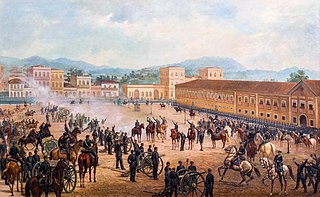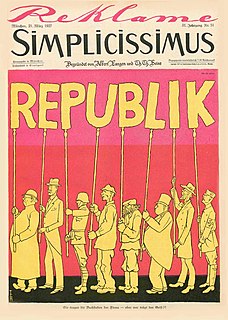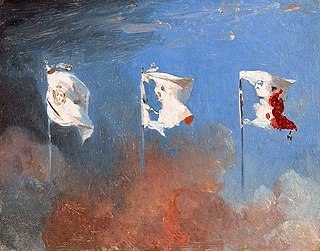 W
WA republic is a form of government in which "power is held by the people and their elected representatives". In republics, the country is considered a "public matter", not the private concern or property of the rulers. The primary positions of power within a republic are attained through democracy or a mix of democracy with oligarchy or autocracy rather than being unalterably occupied by any given family lineage or group. With modern republicanism, it has become the opposing form of government to a monarchy and therefore a modern republic has no monarch as head of state.
 W
WCivic virtue is the harvesting of habits important for the success of the community. Closely linked to the concept of citizenship, civic virtue is often conceived as the dedication of citizens to the common welfare of their community even at the cost of their individual interests. The identification of the character traits that constitute civic virtue has been a major concern of political philosophy. The term civility refers to behavior between persons and groups that conforms to a social mode, as itself being a foundation of society and law.
 W
WJus soli, commonly referred to as birthright citizenship, is the right of anyone born in the territory of a state to nationality or citizenship.
 W
WModern republicanism is a contemporary political ideology centered on citizenship in a state organized as a modern republic.
 W
WThe Proclamation of the Republic was a military coup d'état that established the First Brazilian Republic on 15 November 1889. It overthrew the constitutional monarchy of the Empire of Brazil and ended the reign of Emperor Pedro II.
 W
WThe term republic without republicans refers to a situation in which a state is a republic, yet there is little or no supporting republicanism to be found amongst the population and/or the political elite. In such a situation, most people would actually prefer to found a new monarchy or restore an abolished dynasty, or – in a broader sense – oppose democracy.
 W
WA revolutionary republic is a form of government whose main tenets are popular sovereignty, rule of law, and representative democracy. It is based in part on the ideas of Whig and Enlightenment thinkers, and was favored by revolutionaries during the Age of Revolution. A revolutionary republic tends to arise from the formation of a provisional government after the overthrow of an existing state and political regime. It often takes the form of a revolutionary state, which represents the will of its constituents.
 W
WA semi-presidential system, or dual executive system, is a system of government in which a president exists alongside a prime minister and a cabinet, with the latter two responding to the legislature of the state. It differs from a parliamentary republic in that it has a popularly elected head of state who is more than a ceremonial figurehead, and from the presidential system in that the cabinet, although named by the president, responds to the legislature, which may force the cabinet to resign through a motion of no confidence.
 W
WA sister republic was a republic established by French armies or by local revolutionaries and assisted by the First French Republic during the French Revolutionary Wars. These republics, though nominally independent, relied heavily on France for protection, making them more akin to autonomous territories rather than independent states. This became particularly evident after the declaration of the French Empire, when several states were annexed, and the remaining turned into monarchies ruled by members of the Bonaparte family.
 W
WA tricolour or tricolor is a type of flag or banner design with a triband design which originated in the 16th century as a symbol of republicanism, liberty or indeed revolution. The flags of France, Italy, Romania, Mexico, and Ireland were all first adopted with the formation of an independent republic in the period of the French Revolution to the Revolutions of 1848, with the exception of the Irish tricolour, which dates from 1848 but was not popularised until the Easter Rising in 1916 and adopted in 1919.
 W
WTwo Treatises of Government is a work of political philosophy published anonymously in 1689 by John Locke. The First Treatise attacks patriarchalism in the form of sentence-by-sentence refutation of Robert Filmer's Patriarcha, while the Second Treatise outlines Locke's ideas for a more civilized society based on natural rights and contract theory.